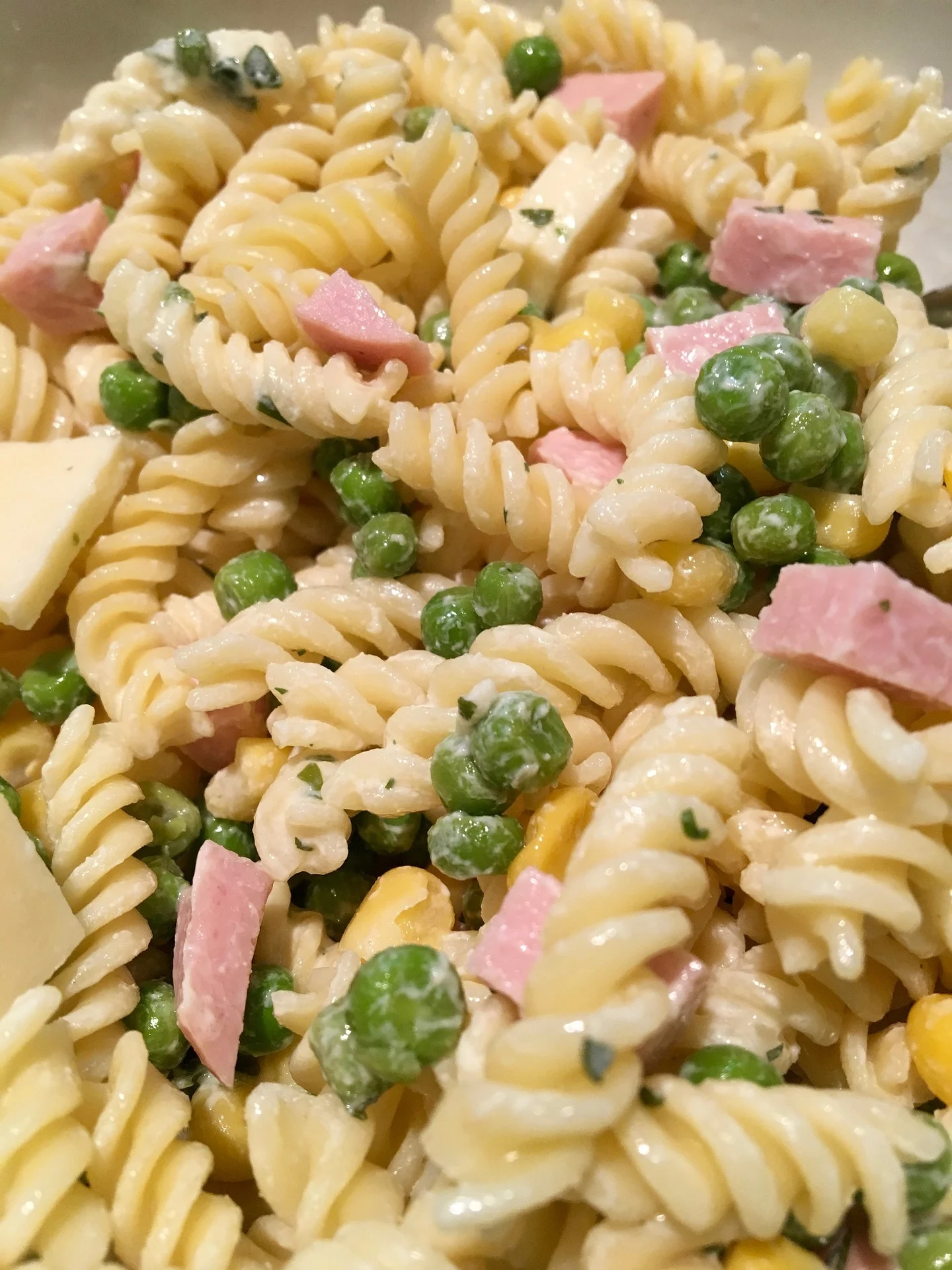As a parent, it’s natural to have questions about your baby’s diet. One common question that many new parents have is can babies eat ham? Ham is a popular food that many adults and older children enjoy, which means it would make sense for parents to wonder if it’s a good first food choice for babies starting to move onto solids. Although babies can eat ham, it’s worth noting that ham is a processed food that contains high sodium and nitrate levels. Due to the high salt levels present in packaged ham, it’s generally recommended that babies under the age of 12 months should not consume processed meats like ham.
Tips for introducing ham to your baby’s diet.
If you’re asking the question, “can babies eat ham?”, it stands to reason that you’re going to want to know how to best introduce it into your baby’s diet. Once your baby is 12 months old, you can start introducing ham into their diet, however, it is essential to do so in moderation. Ensure you choose a high-quality ham product that is low in sodium and free from preservatives and additives. You should also ensure the ham is thoroughly cooked before serving it to your baby. When introducing ham into your baby’s diet, be sure to take the following points into consideration.
- Start with small portions
- Mix it with other foods
- Watch for signs of allergies
- Avoid adding salt
- Offer a variety of other meats alongside ham
Let’s take a look at each point in turn.

Start with small portions
Knowing when can babies eat ham is only half the introductory process. When it comes to introducing ham into your baby’s diet, it’s important to remember a few important things. Firstly, it is always a good idea to start small. Ideally, you want to gradually introduce ham to your baby and increase the portion size as they get used to the taste and texture. Start by cutting up some small pieces of ham and offering them to your baby. Once they’re used to it, you can start to offer it to them in larger portions, such as in sandwiches, on baby led friendly pizzas or as the main protein portion of their meal.
Mix it with other foods
Another question I’m asked often is how can babies eat ham? How do you introduce it in a way that makes it more palatable for babies, or how can you use ham in your cooking to create balanced meals? If you’re worried about the taste and texture of ham, you can try mixing it with other foods, such as mashed potatoes or vegetables. Alternatively, try adding small pieces of ham to other favourite foods, such as pasta or quiche. We have found that a great way to introduce ham into a baby’s diet is to serve baby led weaning ham, cheese, tomato and spinach pinwheels at lunch or dinner times.
Watch for signs of allergies
As with all new foods, it’s important to look out for signs of allergies when introducing ham to your baby’s diet. Fresh ham that’s been cooked from raw meat will contain fewer additives when compared to processed ham, which is another great reason to ensure that fresh ham is offered instead of processed.
So, can babies eat ham safely as part of a balanced meal? Yes, but always introduce new foods one at a time and watch out for any signs of allergies or intolerance, such as rashes, hives, or difficulty breathing.
Avoid adding salt
The main reason that processed ham should be avoided when being introduced to your child’s diet is because of high sodium levels. Processed foods are often far too salty for children and babies, and frequently consuming too much salt can cause serious health problems. Therefore when introducing ham into your baby’s diet, you should consider cooking it from fresh meat and avoid adding additional salt. It’s also important to consider the sodium levels in the other foods that you’re offering your baby throughout the day to ensure they do not accidentally consume too much.

Offer a variety of meats
Although ham can be a great source of protein, it’s also important to make sure you are providing plenty of other sources such as fish and a variety of other meats. Offering a variety of meats and fish is vital to ensure your baby is getting a balanced diet and consuming essential nutrients and vitamin. Offering additional meats is also a great way for babies to experience new tastes and textures.
Benefits of feeding ham to your baby
When considering can babies eat ham?, it’s likely that you will want to explore the potential health benefits that ham can have for your child. Although there are some hams that are high in salt, freshly cooked ham makes a great addition to your baby’s diet. In fact, if it is fresh and prepared from raw pork, it offers plenty of the essential nutrients that babies need, including excellent amounts of protein, zinc, choline, and vitamins B6 and B12. With that in mind, here are some additional benefits to feeding your baby ham.
- Ham is a good source of protein, which is essential for your baby’s growth and development.
- Ham also contains important vitamins and minerals such as zinc and iron, which help to maintain a healthy immune system.
- Ham contains Potassium, which is an element that benefits your baby’s brain cells and muscle development, in addition to helping improve and regulate their immune system.
Can babies eat ham and other meats?
If you’ve found that ham is a big hit with your baby, you may want to consider introducing other meat products to your baby’s diet as well. There are a variety of meats that can be enjoyed once your baby has a well established feeding routine, and with so many ways to serve them, your baby will always be excited to tuck in and try new foods. Try serving your baby beef, chicken, turkey, lamb, and other pork products in a variety of ways, such as shredded or pureed. Our chicken and rice kids’ dish is a big hit with babies and young toddlers, and we have an excellent source of pork mince recipes for kids that always go down a treat.

Conclusion
In this article, we have answered a popular baby led weaning query: can babies eat ham? We’ve learned that yes, babies can have ham, but it’s best to wait until they are 12 months of age and the product should be low in sodium and preservatives – ideally, it should be cooked from raw pork. Additionally, ham shouldn’t be the only source of protein in your baby’s diet; you should continue to add other varieties of meats served in exciting and interesting ways to help your baby to lay down the foundations for healthy eating habits in the future, as well as to provide a mixed and well balanced diet during childhood.
